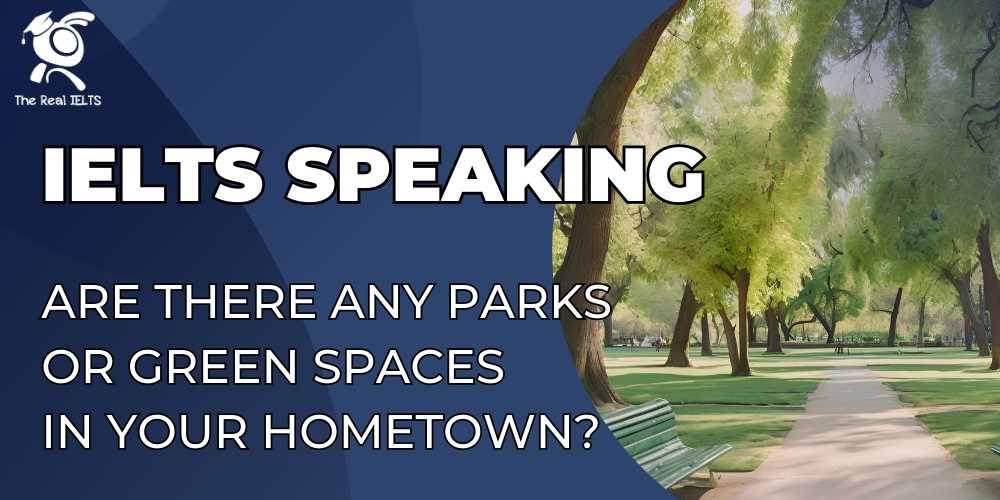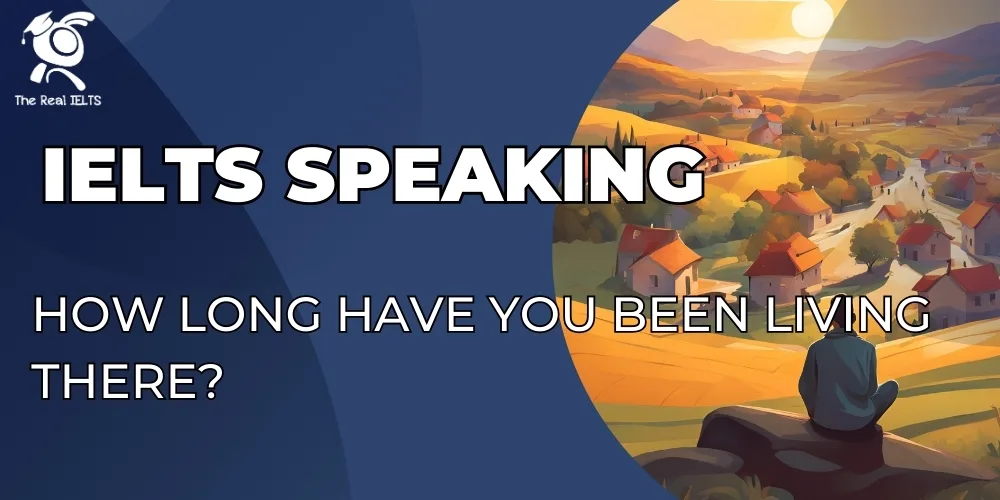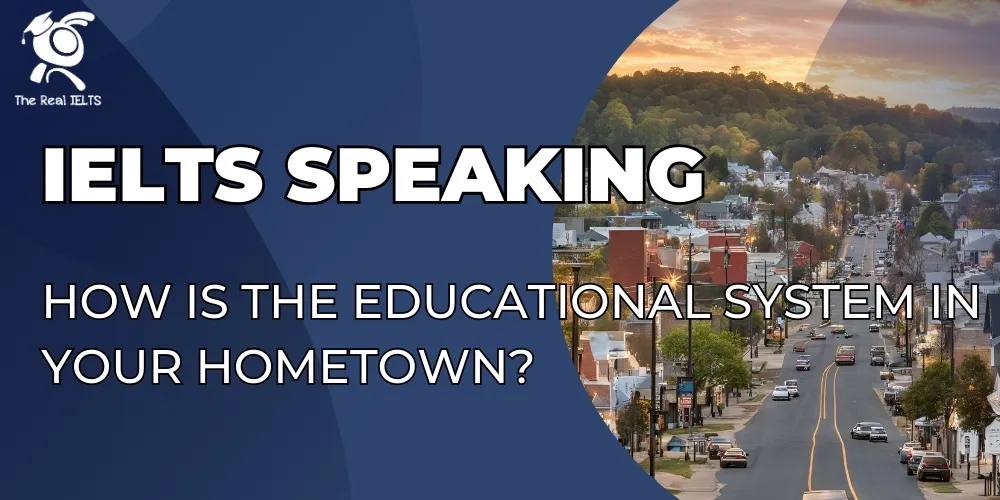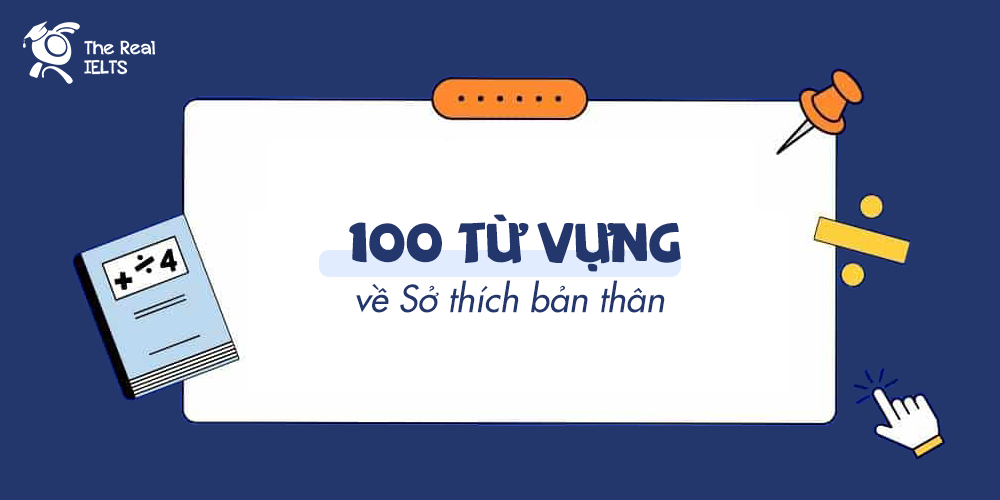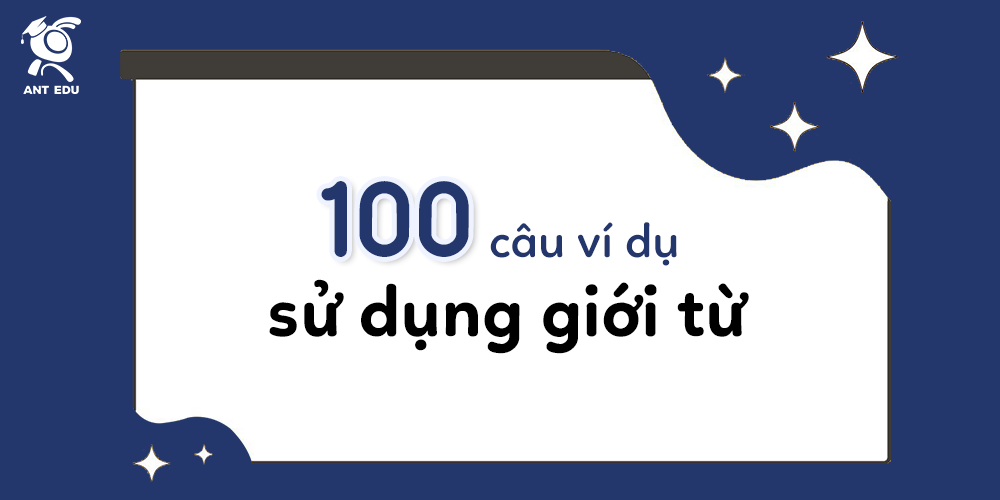Đề bài IELTS Writing task 2 dạng dạng Advantages and Disadvatages: Digital Surveillance
You should spend about 40 minutes on this task
The use of digital surveillance by governments. Do the advantages of this outweigh the disadvantages?
Write at least 250 words.
Bài mẫu IELTS Writing Task 2 dạng Advantages and Disadvatages: Digital Surveillance
Introduction
The increasing use of digital surveillance by governments has sparked debates regarding its impact on society. While many argue that it enhances security and crime prevention, others fear the potential for privacy violations and misuse of data. In my opinion, despite the benefits of digital surveillance, the disadvantages, particularly in terms of privacy invasion and government overreach, outweigh the advantages.
Body Paragraph 1 (Advantages)
One significant advantage of digital surveillance is its role in enhancing public safety. Governments can use advanced technologies to monitor potential threats, identify criminals, and prevent terrorist activities. For example, many cities worldwide employ CCTV cameras and facial recognition software to detect suspicious behavior, which has led to reduced crime rates in high-risk areas. This system helps authorities act quickly to prevent crimes before they occur, providing a sense of security for citizens.
Another benefit is the improved efficiency in law enforcement. Digital surveillance allows authorities to collect and analyze vast amounts of data, making it easier to investigate and solve crimes. For instance, traffic cameras and GPS tracking systems can help police locate stolen vehicles or track down offenders. These systems not only save time and resources but also increase the likelihood of catching criminals.
Body Paragraph 2 (Disadvantages)
However, the use of digital surveillance also comes with serious disadvantages, the most significant being the potential violation of privacy. Constant monitoring can create a sense of unease among citizens, as their every move may be tracked without their knowledge or consent. For example, in some countries, digital surveillance has been used to monitor political dissidents, leading to concerns about freedom of expression and civil liberties. This lack of privacy can erode trust between citizens and the government, as individuals may feel that their personal information is vulnerable to misuse.
Another disadvantage is the risk of government overreach. While surveillance is intended to protect citizens, it can be abused by authorities to exert control and limit personal freedoms. For instance, in some authoritarian regimes, digital surveillance is used to suppress opposition and monitor citizens’ behavior. This misuse of power not only undermines democratic principles but also raises ethical concerns about the extent to which governments should monitor their populations.
Conclusion
In conclusion, while digital surveillance offers advantages in terms of security and crime prevention, the risks of privacy invasion and government overreach are significant concerns. The potential for abuse and the erosion of personal freedoms suggest that the disadvantages of digital surveillance outweigh its benefits, particularly when used without adequate oversight or regulation.
Thống kê cấu trúc câu và cấu trúc ngữ pháp
1. Cấu trúc câu
- Câu đơn: Câu có một mệnh đề độc lập duy nhất.
- Ví dụ: “Governments can use advanced technologies to monitor potential threats.”
- Câu ghép: Câu có ít nhất hai mệnh đề độc lập được nối với nhau bằng liên từ (and, but, so, or).
- Ví dụ: “Digital surveillance allows authorities to collect and analyze vast amounts of data, and it makes it easier to investigate and solve crimes.”
- Câu phức: Câu có ít nhất một mệnh đề độc lập và một mệnh đề phụ thuộc.
- Ví dụ: “While surveillance is intended to protect citizens, it can be abused by authorities to exert control and limit personal freedoms.”
2. Cấu trúc ngữ pháp
- Cấu trúc thì:
- Hiện tại đơn: Dùng để diễn tả sự thật chung và quan điểm cá nhân.
- Ví dụ: “Digital surveillance offers advantages in terms of security and crime prevention.”
- Hiện tại hoàn thành: Dùng để mô tả những sự kiện bắt đầu trong quá khứ và còn tiếp tục trong hiện tại.
- Ví dụ: “Many cities worldwide have employed CCTV cameras and facial recognition software to detect suspicious behavior.”
- Hiện tại đơn: Dùng để diễn tả sự thật chung và quan điểm cá nhân.
- Câu điều kiện:
- Câu điều kiện loại 1: Dùng để diễn tả sự kiện có thể xảy ra trong tương lai.
- Ví dụ: “If digital surveillance is used without adequate oversight, it may lead to serious privacy issues.”
- Câu điều kiện loại 1: Dùng để diễn tả sự kiện có thể xảy ra trong tương lai.
- Mệnh đề quan hệ:
- Dùng để bổ sung thông tin về đối tượng được nhắc đến.
- Ví dụ: “These systems, which save time and resources, increase the likelihood of catching criminals.”
- Dùng để bổ sung thông tin về đối tượng được nhắc đến.
- Mệnh đề trạng ngữ:
- Mệnh đề trạng ngữ chỉ thời gian:
- Ví dụ: “While many argue that it enhances security, others fear the potential for privacy violations.”
- Mệnh đề trạng ngữ chỉ thời gian:
- Liên từ chỉ nguyên nhân-kết quả:
- Liên từ “because”: Dùng để diễn giải lý do.
- Ví dụ: “Citizens may feel uneasy because their personal information is vulnerable to misuse.”
- Liên từ “as”: Dùng để cung cấp lý do hoặc giải thích.
- Ví dụ: “As their every move may be tracked, individuals may feel that their privacy is violated.”
- Liên từ “because”: Dùng để diễn giải lý do.
- Câu bị động:
- Dùng để nhấn mạnh hành động hoặc kết quả hơn là người thực hiện hành động.
- Ví dụ: “Digital surveillance has been used to monitor political dissidents.”
- Dùng để nhấn mạnh hành động hoặc kết quả hơn là người thực hiện hành động.
3. Từ nối và liên từ
- Từ nối chỉ thêm thông tin:
- “Additionally”, “Another benefit”, “For example”
- Từ nối chỉ đối lập:
- “However”, “On the other hand”
Các từ vựng tiếng Anh cần lưu ý trong bài viết
1. Digital Surveillance
- Nghĩa: Giám sát kỹ thuật số
- Giải thích: Việc theo dõi, giám sát hoạt động của người dân thông qua các thiết bị công nghệ như camera, phần mềm nhận diện khuôn mặt, hệ thống mạng.
- Ví dụ: “The increasing use of digital surveillance by governments has sparked debates.”
2. Government Overreach
- Nghĩa: Sự vượt quyền của chính phủ
- Giải thích: Khi chính phủ sử dụng quyền lực vượt quá giới hạn hợp pháp hoặc đạo đức để kiểm soát công dân.
- Ví dụ: “Another disadvantage is the risk of government overreach.”
3. Public Safety
- Nghĩa: An toàn công cộng
- Giải thích: Sự an toàn của người dân trong cộng đồng khỏi các mối đe dọa như tội phạm hoặc thảm họa.
- Ví dụ: “One significant advantage of digital surveillance is its role in enhancing public safety.”
4. Privacy Violation
- Nghĩa: Xâm phạm quyền riêng tư
- Giải thích: Hành động hoặc việc giám sát mà không có sự đồng ý của người bị theo dõi, vi phạm quyền riêng tư của họ.
- Ví dụ: “The most significant being the potential violation of privacy.”
5. Facial Recognition Software
- Nghĩa: Phần mềm nhận diện khuôn mặt
- Giải thích: Công nghệ nhận dạng và xác định người dựa trên các đặc điểm khuôn mặt từ hình ảnh hoặc video.
- Ví dụ: “Many cities worldwide employ CCTV cameras and facial recognition software.”
6. Civil Liberties
- Nghĩa: Quyền tự do dân sự
- Giải thích: Những quyền cơ bản của con người được bảo vệ bởi pháp luật, như quyền tự do ngôn luận, quyền riêng tư.
- Ví dụ: “There are concerns about freedom of expression and civil liberties.”
7. Authoritarian Regimes
- Nghĩa: Chế độ độc tài
- Giải thích: Chính phủ hoặc chế độ chính trị có sự kiểm soát nghiêm ngặt và tập trung quyền lực, hạn chế quyền tự do của công dân.
- Ví dụ: “In some authoritarian regimes, digital surveillance is used to suppress opposition.”
8. Trust Erosion
- Nghĩa: Sự suy giảm lòng tin
- Giải thích: Khi lòng tin giữa các cá nhân hoặc tổ chức (như giữa người dân và chính phủ) bị xói mòn hoặc mất đi.
- Ví dụ: “This lack of privacy can erode trust between citizens and the government.”
9. Democratic Principles
- Nghĩa: Nguyên tắc dân chủ
- Giải thích: Các giá trị và nguyên tắc liên quan đến việc quản lý và bảo vệ quyền của người dân, đảm bảo sự minh bạch và công bằng.
- Ví dụ: “This misuse of power not only undermines democratic principles but also raises ethical concerns.”
10. Crime Prevention
- Nghĩa: Phòng chống tội phạm
- Giải thích: Các biện pháp và hành động được thực hiện để ngăn chặn tội phạm xảy ra.
- Ví dụ: “Digital surveillance offers advantages in terms of security and crime prevention.”
11. Misuse of Power
- Nghĩa: Lạm dụng quyền lực
- Giải thích: Việc sử dụng quyền lực sai trái hoặc bất công nhằm đạt mục đích cá nhân hoặc hạn chế quyền tự do của người khác.
- Ví dụ: “The misuse of digital surveillance raises ethical concerns.”
12. Sense of Security
- Nghĩa: Cảm giác an toàn
- Giải thích: Trạng thái tâm lý khi người dân cảm thấy được bảo vệ trước các mối đe dọa hoặc rủi ro.
- Ví dụ: “These systems provide a sense of security for citizens.”
13. Ethical Concerns
- Nghĩa: Quan ngại về mặt đạo đức
- Giải thích: Các vấn đề về mặt đạo đức liên quan đến sự đúng đắn hoặc sai trái trong hành vi, chính sách.
- Ví dụ: “This misuse of power raises ethical concerns.”
14. Oversight
- Nghĩa: Giám sát (sự giám sát, kiểm tra từ bên thứ ba hoặc cơ quan có thẩm quyền)
- Giải thích: Quá trình giám sát và kiểm soát để đảm bảo các hoạt động được thực hiện đúng cách và hợp pháp.
- Ví dụ: “Surveillance used without adequate oversight can lead to privacy issues.”
Đọc thêm về bài viết gợi ý luyện thi IELTS.




